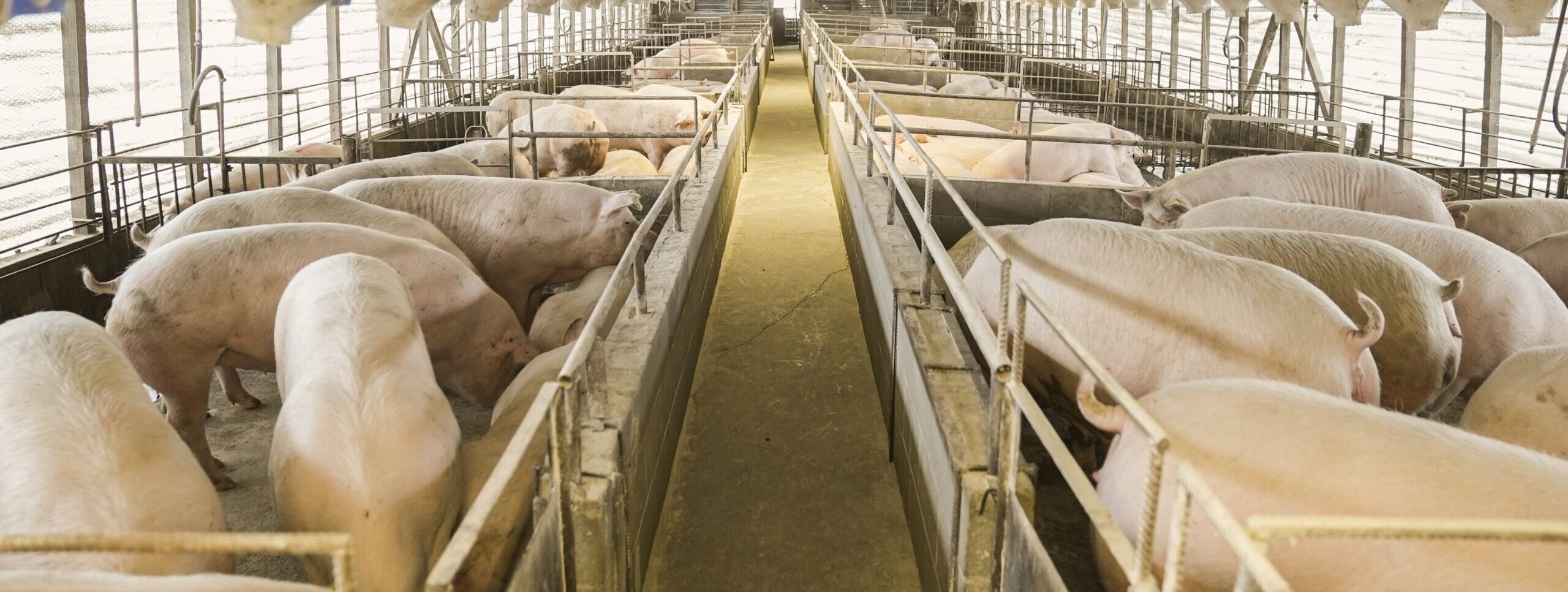Over the past 15 years, several states have passed laws regarding the amount of space that specific types of farm animals must be given. One such law – California’s Proposition 12 –imposes certain animal welfare requirements such as pen size and space on pork sold in California. These requirements apply not only to California producers but also to anyone selling products into the California market.[1] Proposition 12 was challenged in both state and federal court, and on May 11, 2023, the Supreme Court issued its opinion in National Pork Producers Council v. Ross, ultimately upholding California’s Proposition 12.[2] This raises the inevitable question of what impact, if any, the ruling will have on farm bill deliberations. To help address this question, we provide an overview of the historic federal legislative response to Proposition 12 and initiatives like it over the past decade.
Several of the early federal legislative attempts to push back on these state initiatives came from former Rep. Steve King (R-IA-4).
- On July 11, 2012, at the House Agriculture Committee markup of the 2012 Farm Bill (H.R. 6083), King offered an amendment (Amendment No. 45) that was ultimately adopted as Sec. 12308 in H.R. 6083. The amendment prohibited a state or local government from imposing a standard or condition on the production or manufacture of any agricultural product sold or offered for sale in interstate commerce if the production or manufacture occurs in another State and the standard or condition is in addition to Federal standards and the laws of the State and locality in which production or manufacture occurs. Ultimately, that bill expired at the end of the Congress.
- On May 15, 2013, at the House Agriculture Committee markup of the 2013 Farm Bill (H.R. 1947), King again offered his amendment (Amendment No. 71) that was ultimately adopted as Sec. 12314 in H.R. 1947 and as Sec. 11312 in H.R. 2642, the version of the 2013 Farm Bill that passed the House and was sent to conference with the Senate. Ultimately, the provision was dropped by the conference committee and was not included in the final version of the 2014 Farm Bill.
- Rep. King introduced his amendment as the Protect Interstate Commerce Act in 2015 (H.R. 687) and 2017 (H.R. 3599). In 2018, he reintroduced the act as the Protect Interstate Commerce Act of 2018 (H.R. 4879), this time also including a private right of action to challenge state or local regulations relating to agricultural goods sold in interstate commerce.
- On April 18, 2018, at the House Agriculture Committee markup of the 2018 Farm Bill (H.R. 2), King again offered his amendment, including the private right of action from H.R. 4879. The amendment passed on voice vote and was adopted in H.R. 2 as Sec. 11701 (prohibition against interference by State and local governments with production or manufacture of items in other States) and Sec. 11702 (federal cause of action to challenge State regulation of interstate commerce). The provision was ultimately included in the House-passed version of the 2018 Farm Bill but again was dropped by the conference committee and was not included in the final version of the 2018 Farm Bill.
- On January 8, 2019, King again introduced the Protecting Interstate Commerce Act (H.R. 272), yet again including the private right of action provision.
Rep. King was ultimately defeated in the June 2020 Republican primary. Following his defeat, others have picked up the mantle.
- On August 5, 2021, Sen. Roger Marshall (R-KS) and several other Senate co-sponsors introduced the Exposing Agricultural Trade Suppression (EATS) Act (S. 2619). On August 10, 2021, Rep. Ashley Hinson (R-IA-1) and several other House co-sponsors introduced the House companion (H.R. 4999). Both closely track the Protecting Interstate Commerce Act.
- Following the Supreme Court’s ruling, Senator Marshall and others again introduced the EATS Act, this time as the Ending Agricultural Trade Suppression (EATS) Act (S. 2019). Substantively, the bill would again (1) prohibit interference by state and local governments with production of items in other states and (2) provide a private right of action to challenge state regulation of interstate commerce.
While these legislative efforts over the past 10 years attempted to challenge the patchwork of state laws, they were largely dismissed while numerous legal challenges were making their way through the courts. While Dr. Tiffany Dowell Lashmet recently noted that others may lodge additional challenges seeking to prove that Proposition 12 does impose a substantial burden, the Supreme Court’s recent ruling makes it hard to imagine a scenario where this issue is not front and center in the upcoming farm bill debates. In fact, key leaders in the House have identified finding a solution as a priority. This time around, “let’s wait and see how the Supreme Court rules” will no longer be a reason for kicking the can down the road.
[1] Rumley, Elizabeth. “U.S. Supreme Court to Hear Proposition 12 Case“. Southern Ag Today 2(29.5). July 15, 2022.
[2] Lashmet, Tiffany. “United States Supreme Court Upholds Proposition 12.” Southern Ag Today 3(20.5). May 19, 2023.
[1] Rumley, Elizabeth. “U.S. Supreme Court to Hear Proposition 12 Case“. Southern Ag Today 2(29.5). July 15, 2022.
[2] Lashmet, Tiffany. “United States Supreme Court Upholds Proposition 12.” Southern Ag Today 3(20.5). May 19, 2023.
Fischer, Bart L., and Joe Outlaw. “How will Proposition 12 Ruling Impact the Farm Bill?” Southern Ag Today 3(27.4). July 6, 2023. Permalink

